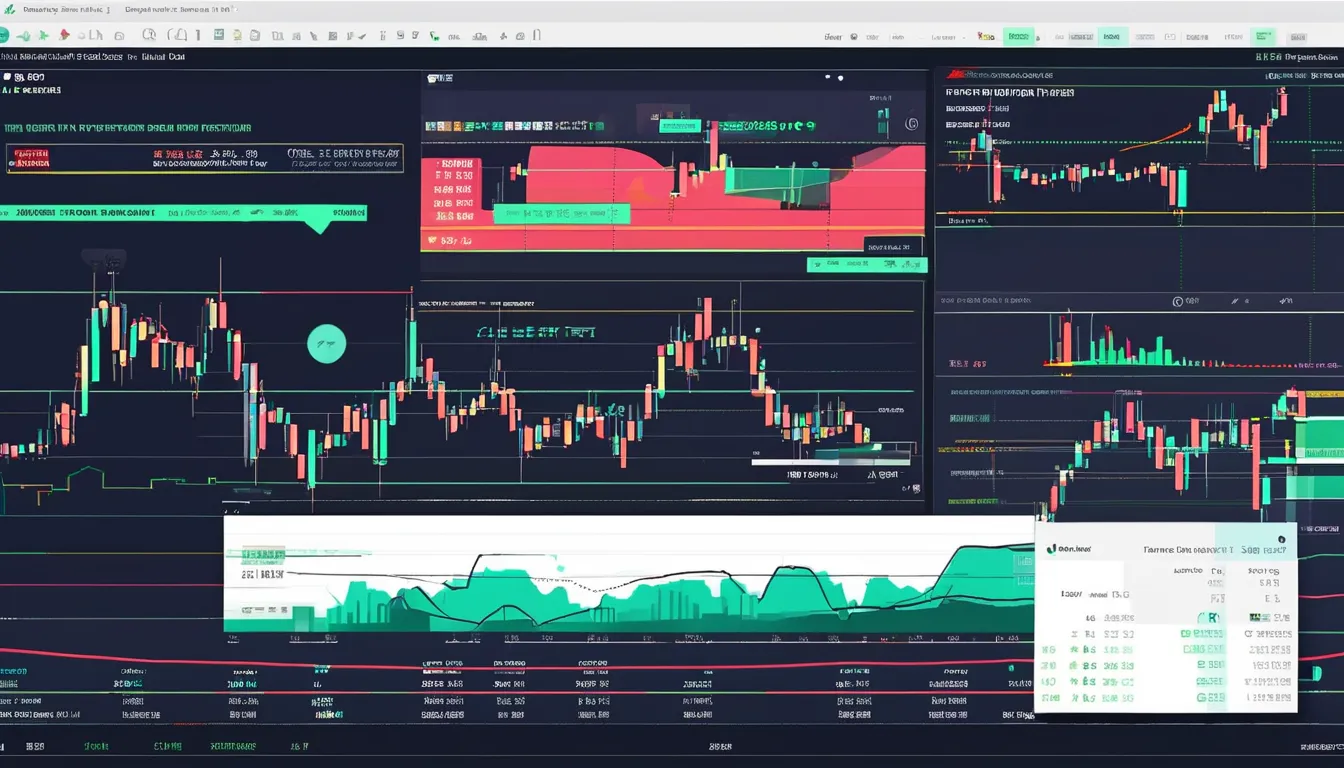When you’re running a small business, choosing the right IT solutions can make all the difference in your efficiency and security. You might wonder how cloud computing, cybersecurity, and project management tools can integrate to support your unique needs. As you explore these options, consider how they not only enhance your operations but also safeguard your valuable data. The landscape is ever-evolving, and it’s crucial to stay ahead. So, what specific strategies can you implement to harness these tools effectively?
Cloud Computing Solutions
Cloud computing solutions have transformed the way small businesses operate, offering flexibility and efficiency that traditional IT setups simply can’t match. By leveraging cloud services, you can scale your operations without the hefty upfront costs of hardware and software. This means you can focus on growth rather than managing physical infrastructure.
With cloud solutions, you have the ability to access your data and applications from anywhere, which enhances collaboration among your team members. Whether you’re working from home or on the go, you can stay connected and productive.
Plus, most cloud providers offer automatic updates, ensuring that you always have the latest features and security measures without lifting a finger.
Another significant advantage is the cost-effectiveness. You pay only for the resources you use, which can lead to substantial savings over time. You’re not tied to long-term contracts or expensive licenses.
Additionally, cloud computing allows for seamless backups and disaster recovery options, protecting your data from unexpected failures.
Cybersecur IT Solutions y Essentials
As small businesses embrace cloud computing, the need for robust cybersecurity measures becomes increasingly important. You can’t afford to overlook the risks associated with data breaches and cyberattacks.
Start by implementing strong passwords and require employees to change them regularly. Consider using two-factor authentication; it adds an extra layer of protection.
Next, keep your software up to date. Software developers frequently release updates to patch security vulnerabilities, so don’t delay in applying these updates.
Firewalls and antivirus software are also essential—install them to protect against malicious attacks.
Educating your employees is just as crucial. Conduct regular training sessions on recognizing phishing scams and safe internet practices.
Encourage a culture of vigilance; when everyone is aware of potential threats, your business stands a better chance of staying secure.
Project Management Tools
Effective project management tools are essential for small businesses aiming to streamline their workflows and enhance collaboration. These tools help you organize tasks, set deadlines, and track progress, ensuring that your team stays on the same page.
Whether you’re managing a small team or overseeing multiple projects, using the right software can make a significant difference.
With tools like Trello, Asana, or Monday.com, you can create boards or lists that visually represent your projects. This makes it easy for everyone to see what needs to be done and who’s responsible for each task.
Additionally, many of these platforms offer features like file sharing, comment sections, and real-time updates, which foster teamwork and communication.
Moreover, project management tools often come with reporting capabilities that allow you to monitor project performance and identify bottlenecks. By analyzing this data, you can make informed decisions to improve efficiency.
Investing in a reliable project management tool can save you time, reduce stress, and enhance productivity.
Customer Relationship Management
Managing projects efficiently sets the stage for another key aspect of a small business: nurturing customer relationships. You know that building strong connections with your customers can lead to loyalty and repeat business. Implementing a solid Customer Relationship Management (CRM) system helps you streamline this process. A CRM not only organizes customer information but also facilitates communication and follow-ups, ensuring no lead falls through the cracks.
To effectively manage your customer relationships, consider the following:
- Centralized Data Management: Keep all customer interactions in one place, making it easy to access important information when you need it.
- Automated Follow-ups: Use CRM tools to schedule reminders for follow-ups, ensuring timely communication and better engagement.
- Analytics and Insights: Leverage data to understand customer behavior, preferences, and trends, allowing you to tailor your offerings and marketing strategies.
Remote Work Technologies
In today’s fast-paced business environment, adopting remote work technologies is crucial for small businesses aiming to thrive. These tools not only enhance productivity but also foster collaboration among your team, regardless of location.
Start by implementing reliable communication platforms like Slack or Microsoft Teams. They allow you to stay connected, share updates, and hold virtual meetings seamlessly.
Next, consider project management software like Trello or Asana. These platforms help you assign tasks, set deadlines, and track progress, ensuring everyone stays on the same page.
Furthermore, cloud storage solutions such as Google Drive or Dropbox enable easy access to documents from anywhere, making file sharing a breeze.
Don’t overlook the importance of cybersecurity. Invest in VPNs and robust security software to protect sensitive data while your team works remotely.
Additionally, use tools like Zoom or Google Meet for video conferencing, allowing for face-to-face interactions that strengthen team dynamics.
Frequently Asked Questions
What Budget Should I Allocate for IT Solutions Annually?
You should allocate 5-10% of your overall budget for IT solutions annually. This range allows you to invest in essential tools and services while ensuring your technology supports your growth and operational efficiency effectively.
How Do I Choose the Right IT Provider for My Needs?
To choose the right IT provider, assess your specific needs, compare services, and check client reviews. Don’t forget to discuss pricing and support options. Trust your instincts; finding a good fit makes all the difference.
What Are the Key Signs My Business Needs IT Upgrades?
You’ll know your business needs IT upgrades when you experience slow systems, frequent downtime, outdated software, security vulnerabilities, or employees struggling with tech. Addressing these signs can enhance productivity and protect your valuable data.
How Can I Train My Staff on New IT Systems?
To train your staff on new IT systems, start with hands-on workshops, provide clear documentation, and encourage questions. Regularly check in for understanding, offer ongoing support, and celebrate their progress to boost confidence and engagement.
What Are the Most Common IT Challenges Faced by Small Businesses?
You’ll often face IT challenges like limited budgets, insufficient cybersecurity, outdated technology, and lack of technical expertise. These issues can hinder productivity, efficiency, and growth, so it’s crucial to address them proactively for success.
Conclusion
In today’s fast-paced business world, leveraging the right IT solutions can make all the difference for your small business. By embracing cloud computing, prioritizing cybersecurity, utilizing project management tools, and implementing a solid CRM system, you’ll not only enhance efficiency but also safeguard your data and foster better customer relationships. Don’t forget to explore remote work technologies, too—they can keep your team connected and productive, no matter where they are. Invest wisely, and watch your business thrive!





